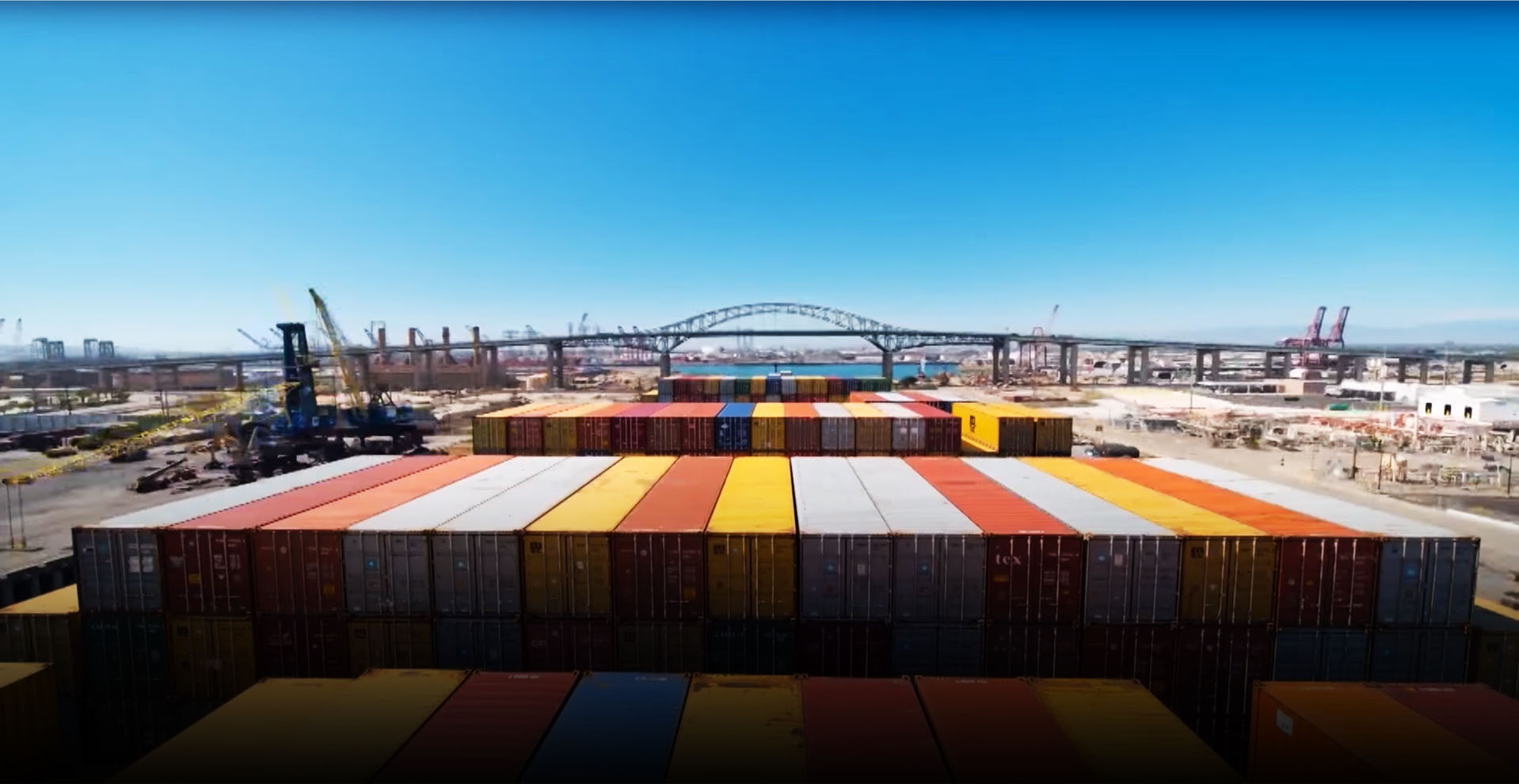Research Projects
Stop the VideoResearch Projects


White Paper: Measuring equity in public transit service: LA Metro and the Post-Decree Era
Project Summary
Project number: PSR-21-51Funding source: Caltrans
Contract number: 65A0674
Funding amount: $29,975
Performance period: 1/1/2022 to 10/31/2022
Project description
The proposed white paper will examine the implicit biases against very low income and bus riders of color that led to the 1994 landmark case, Labor/Community Strategy Center, et al vs. Los Angeles County Metropolitan Transportation Authority. The case resulted in a settlement between the parties in October 1996 and a federal civil rights consent decree that limited fare increases and expanded bus service in Los Angeles, among other negotiated community benefits. Our key research question is: to what extent do the arguments made in the legal case that led to the consent decree continue to remain in the post-decree era (2010-2020)? We expect to find that many of the concerns raised in that case remain to be salient concerns empirically and among transportation advocates. The proposed is relevant to Caltrans priority research topic on racial equity and the LA Metro Consent decree. Implementing a racially equitable and just transportation agenda requires institutional changes to overcome inequality and systemic racism. The purpose of the proposed research is to provide timely and relevant insights to transit agencies as they prioritize institutional changes in response to the expanding national discussion about race and privilege in the United States.
The zeitgeist of the LA Metro consent decree looms large in discussions of transportation equity and transit justice in the United States. Scholars in transportation, civil rights, and environmental justice point to the Bus Riders Union and 1994 lawsuit as a rare and powerful example of grassroots activism achieving success challenging government discrimination (Grengs, 2002; Bullard, 2004; Lipsitz, 2004; Garcia and Rubin 2004, Mejia, 2010; Martens, 2016; Blumenberg, 2017). Some of the primary concerns of the 1994 consent decree appear to still hold even over ten years after the decree was allowed to expire; namely the claim of disproportionate investments in rail expansion over bus service. As an example, from 2000 - 2016, vehicle revenue service hours for LA Metro rail increased by over 150%, mainly through capital project openings. In that same time period, vehicle revenue service hours for Metro buses increased by less than 5% (Manville, Blumenberg, and Taylor, 2018). LA Metro's most recent on-board survey demonstrate that bus riders are more likely to be people of color and lower income than their rail riding peers (LA Metro, 2019). The proposed whitepaper is not intended to rehash a body of previous research on the consent decree. Rather, we propose to take a descriptive look back at the last ten years and the post-decree era to try and provide recommendations for LA Metro and other transportation agencies who seek to improve equity outcomes in their agencies going forward.
P.I. NAME & ADDRESS
Silvia GonzalezProject Director, Community-Based and Environmental Equity Research
3323 Public Affairs Building
Box 951656Los Angeles, CA 90095
United States
[email protected]















